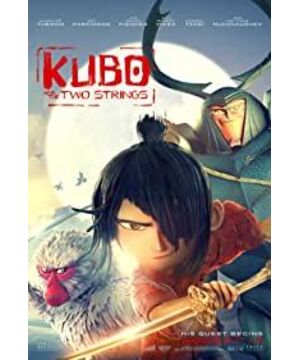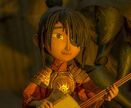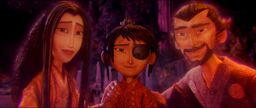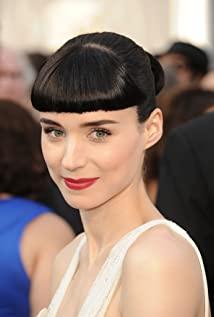Grandpa Luna's setting is ruthless, thinking that if Kubo becomes a god like him, he can forget this filthy world. This is similar to the perception of the human world in the "Bamboo Fetching Story" - the food in the human world is filth, and the gods who have fallen into the mortal world must eat the "elixir of immortality" and forget about the mortal world. Everything is immortal. Human emotions are the filth that God hates. Only by abandoning the seven emotions and six desires can one achieve the state of consummation. There are some Buddhists who have no desire and no desire to cultivate and achieve positive results. When my grandfather came out, he wore clothes from the Nara period, which is when Buddhism was introduced to Japan.
The mother wore the costumes of married women of the warrior family during the Warring States Period, suggesting her identity as the wife of the city owner. At that time, Japanese warrior women had a style of martial arts - mainly the use of the samurai sword, and the snow monkey inherited the mother's superb martial arts. At that time, wars were frequent, and married women of the Wu family sometimes had to choose between the hostile husband's clan and the father's clan, and the moral requirement of the Wu family was that married women should obey their husbands and not their fathers.
The aunt who was chasing Kubo was wearing a black feathered crane cloak, (it is said to have caused the production staff to break their brains), which seems to come from the "Heaven's Feather Cloak" mentioned in "Bamboo Tori Story", which can be as light as a swallow when put on , fly away.
After his parents were killed, Kubo returned to his father's ruined city again. The flag with the family crest automatically flew down and became his clothes, which symbolized his Yuanfu ceremony. symbol.
The commoners wore kimonos or yukatas from the Edo period, and the people who danced during the Obon festival were Awa no Odori.”
View more about Kubo and the Two Strings reviews











